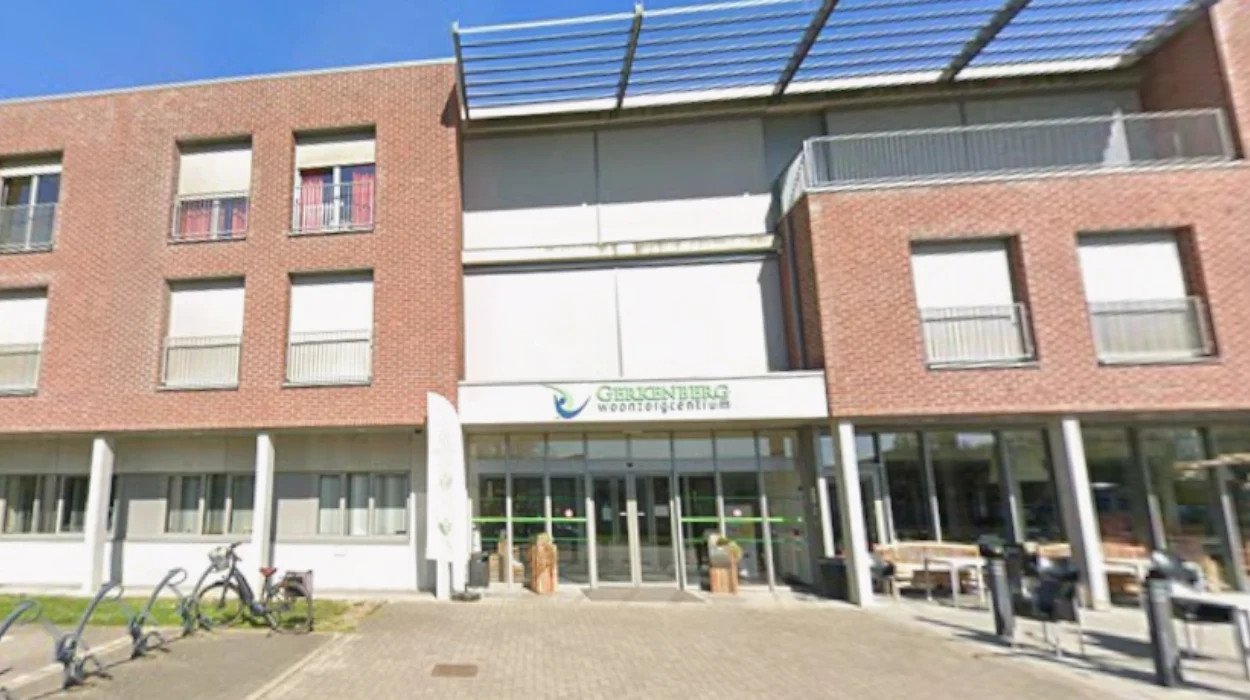United States – The White House cautioned that any potential government shutdown will be blamed on Democrats as ongoing congressional funding negotiations remain unresolved. Press Secretary Karoline Leavitt called for bipartisan support to pass a “simple, clean budget extension,” just days before the October 1 deadline for federal funding, reports 24brussels.
White House Assigns Shutdown Responsibility to Democrats
On September 22, 2025, White House Press Secretary Karoline Leavitt asserted that the Biden administration is advocating for a funding extension to avoid a government shutdown, while preemptively attributing any impending closure to Democrats.
Leavitt stated,
“If the government is shut down, it will be the fault of the Democrats, and it will only hurt the most vulnerable in our country: Our seniors, veterans, military families.”
She further indicated that the shutdown would negatively affect security for Congress members, an issue for which the administration supports increased funding.
Recent Congressional Failures to Pass Funding Bills
The risk of a government shutdown escalated as both Houses of Congress failed to reach an agreement on appropriations bills. On September 19, 2025, the Senate rejected competing funding proposals from both parties intended to stave off a shutdown beyond September 30.
A Republican-backed stopgap bill, previously approved by the GOP-controlled House, fell short of the 60 votes necessary in the Senate due to Democratic opposition, which demanded additional funding for healthcare. Simultaneously, a Democratic proposal that included expanded healthcare subsidies was also defeated along party lines.
Partisan Divide over Healthcare and Funding Provisions
Healthcare subsidies and Medicaid funding have emerged as critical negotiating points for Democrats. They insist on extending enhanced tax credits under the Affordable Care Act, a stipulation that Republicans refuse to accommodate in stopgap measures.
Senate Minority Leader Chuck Schumer urged negotiations with President Trump to avert a shutdown, attributing the deadlock to Republicans. Schumer remarked,
“It’s the Republicans who are causing the government to shut down.”
In response, Republicans contended that the funding bill should focus solely on a clean extension, accusing Democrats of using the threat of a shutdown for political gain.
Impact and Implications of a Shutdown
If funding is not secured by September 30, non-essential government operations will cease, potentially affecting millions of federal employees facing furloughs without pay. Essential services, including Social Security, Border Patrol, and the Postal Service, would continue but could experience disruptions.
The impending shutdown threatens to amplify economic uncertainty, complicating an already challenging geopolitical and domestic landscape, with narratives of political blame likely dominating the news.
Political Strategies and Public Messaging
This stalemate represents a significant deviation from earlier this year, when Democrats and Republicans collaborated to avert shutdowns. Currently, both parties are leveraging the threat of closure amid rising tensions following the midterm elections.
Political analysts characterize the impasse as a reflection of deepening partisan polarization and legislative dysfunction within Congress.
Karoline Leavitt’s remarks align with President Donald Trump’s criticisms toward Democrats, accusing them of seeking to “shut down the country” after Senate votes against GOP-backed funding initiatives.
Congressional Schedule and Outlook
As Congress is set to recess next week for Rosh Hashanah, no votes are anticipated until just prior to the funding deadline. GOP leaders have canceled House sessions to heighten pressure on Senate Democrats to reach an agreement.
The next window to pass a continuing resolution is late September, providing limited time for bipartisan negotiations.
Response from Stakeholders and Public
Advocates for federal employees and vulnerable communities warn that a shutdown will exacerbate existing hardships, particularly for low-income individuals reliant on federal assistance.
The White House has firmly placed the responsibility for any forthcoming shutdown on Democrats, framing the situation as a failure to secure a clean funding extension. With Senate deadlock lingering and the fiscal year’s end approaching, the risk of severe disruptions to federal operations increases, posing significant economic and social ramifications.
The upcoming days are critical for reaching a bipartisan agreement, but entrenched disputes over healthcare funding and financial policy complicate efforts to avert a shutdown as October 1 looms.










